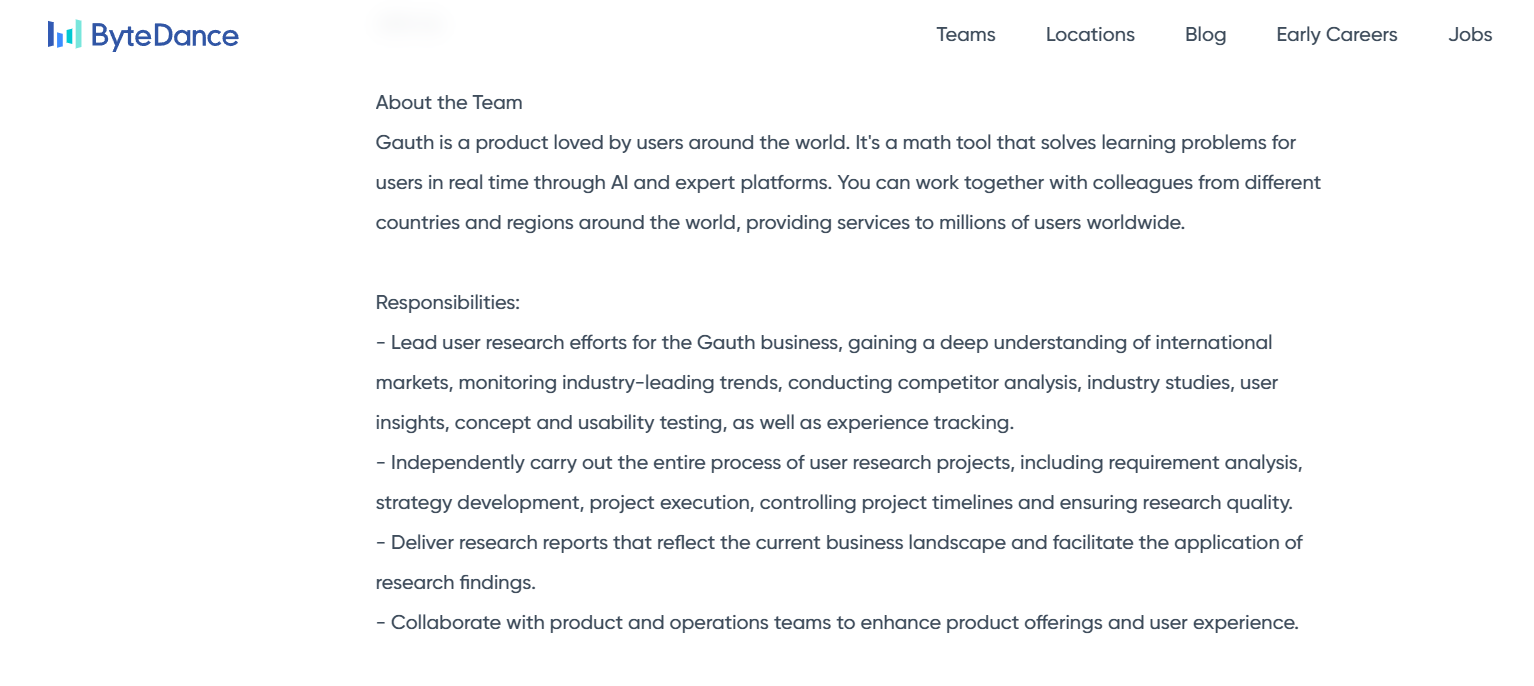AI tutor apps, particularly from China, are changing how students in the U.S. study by providing affordable and personalized assistance, as reported by TechCrunch.
SensorTower data shows that Question AI, a China-based app, has been downloaded six million times in the U.S. since its 2023 launch, while Gauth, launched by ByteDance in 2019, has seen 12 million installs. Question AI was reportedly developed by the creators of Zuoyebang, a widely used Chinese homework app that has secured approximately $3 billion in funding over the last ten years.

One key to the success of these AI tutor apps has been linked to their cost-effectiveness. The expense of one month of traditional tutoring could cover a year’s subscription to an AI app, according to the report.
The presence of Chinese homework apps in the U.S. market is partly due to a strategic pivot after China’s 2021 crackdown on its own tutoring industry. Many providers have shifted focus to international markets, especially the U.S., using Singapore-based entities to offer services like Question AI and Gauth.
The debate over AI’s role in education continues, but the appeal of these apps in the United States is said to be driven by their affordability and personalized approaches to teaching. Notably, a quarter of the top 20 education apps in the U.S. App Store now use AI to provide instant homework assistance.
Despite their popularity, there is resistance. Several US public school districts have tried to block access to AI platforms like ChatGPT, though enforcing such bans outside school remains challenging, as noted by TechCrunch.
AI in education
In the U.K., a survey found more than half of undergraduate students were turning to AI to complete their studies.
In a poll for the Higher Education Policy Institute (Hepi), 1000 students were questioned if they used AI applications for work they would be marked on. The findings revealed 53 per cent deployed AI for assessments with 25 per cent using the likes of Google Bard and ChatGPT for suggestions.
According to a Tyton Partners report, nearly half of college students in the U.S. are already using AI educational apps. GenAI writing tools such as ChatGPT, Google Gemini (formerly known as Bard), Microsoft Bing Chat, or Meta Llama 2, were among a handful of applications being used by students.
Featured image: Canva / Ideogram

The post “AI tutor apps from China are reshaping U.S. study habits” by Suswati Basu was published on 05/27/2024 by readwrite.com






































